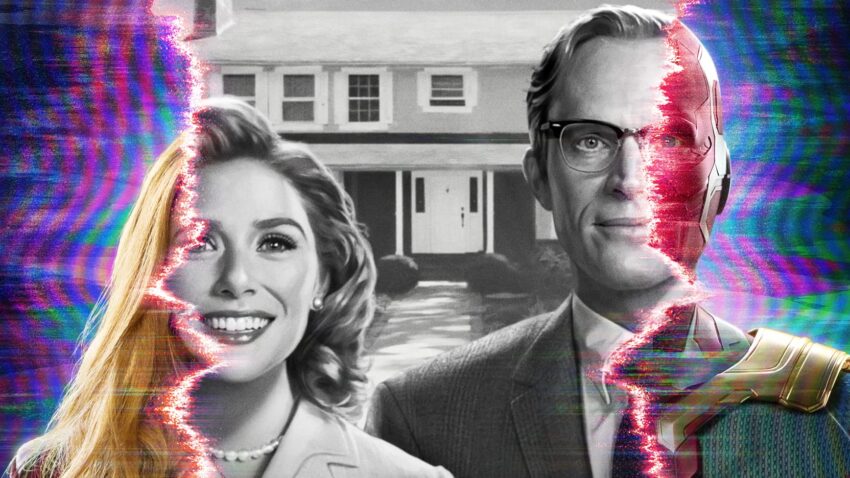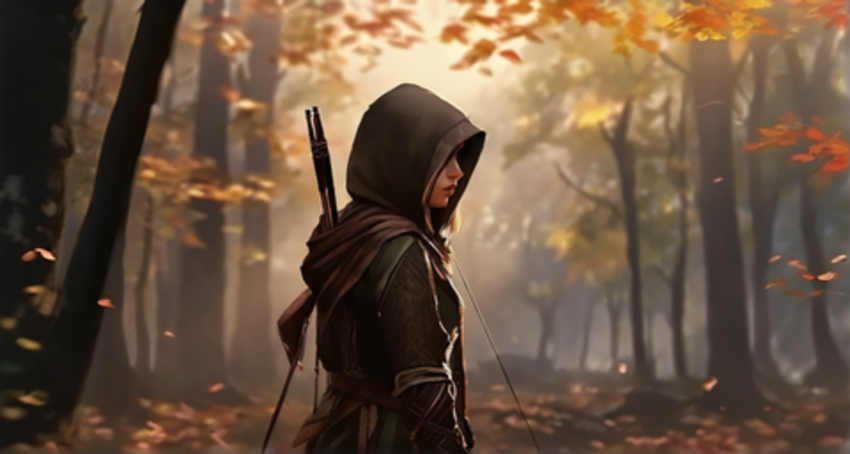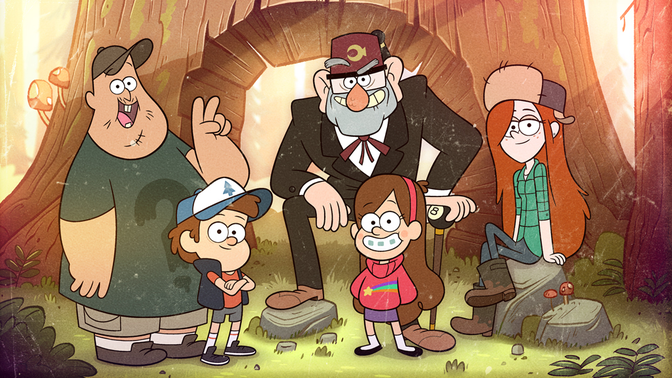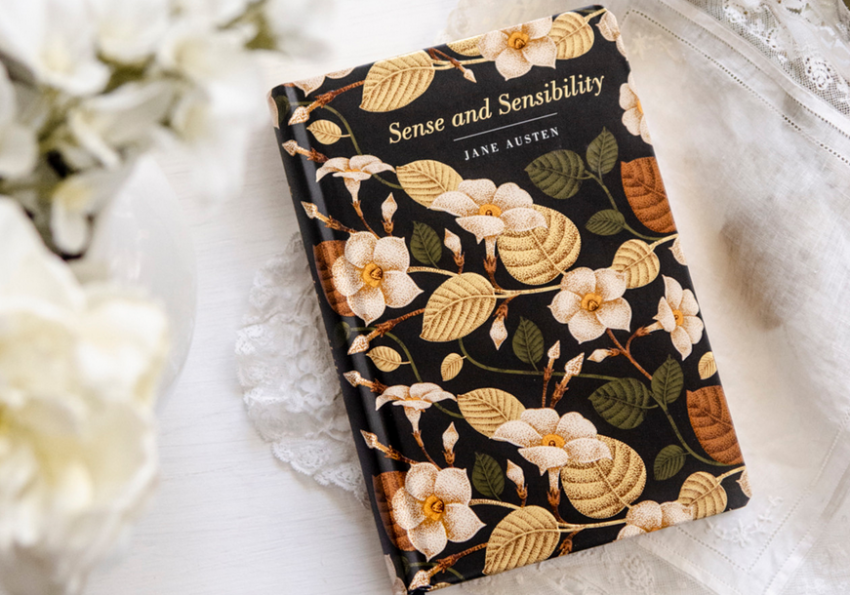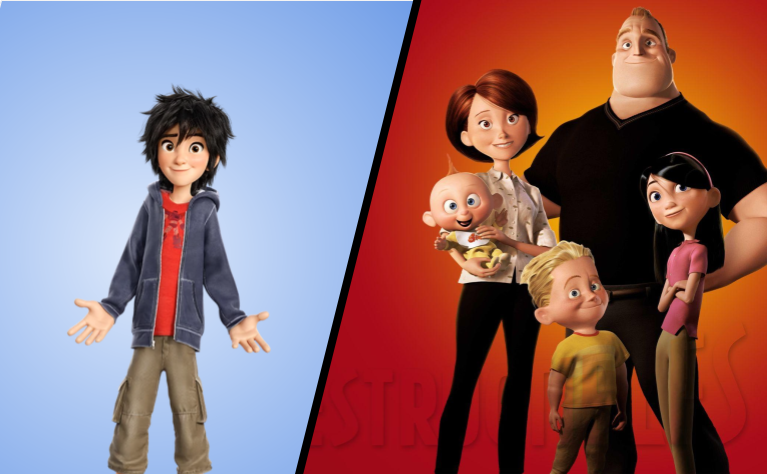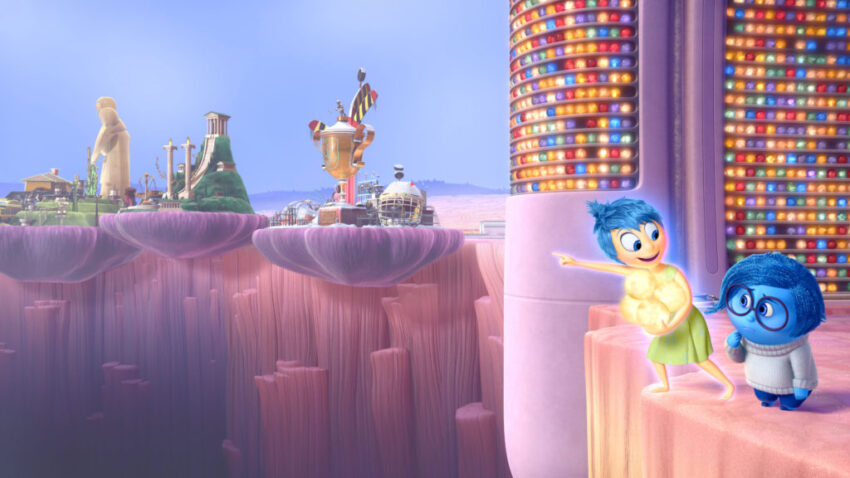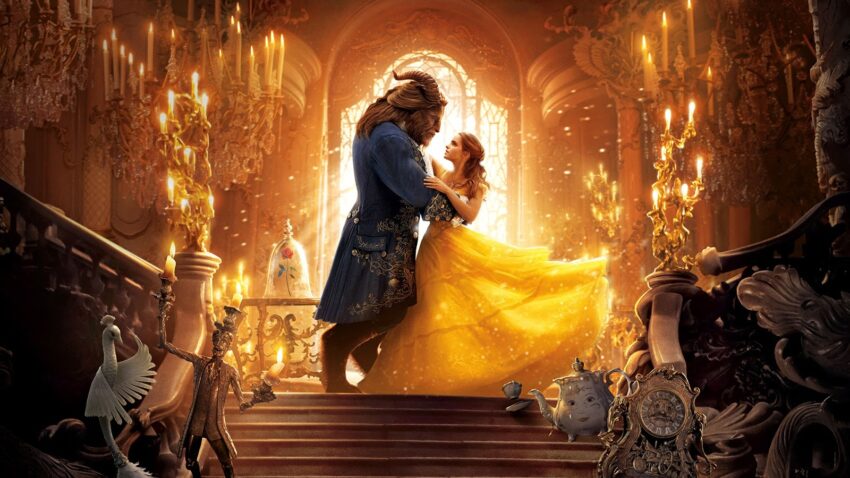At this point, you’ve probably heard the complaints around modern protagonists and characters in general. Most characters seem to be on a grayscale morally — they make decisions typically only reserved for villains. They have been described as morally broken. Many have complained that there are so few examples of good morality in modern storytelling….
Author: Mara Scudder
Rowan Hood: How to Deceive Your Readers
We wrote a whole article last year about how writers can generate suspense even when their audience knows exactly what happens next. But while stories where life and death hang in the balance can generate suspense even when the readers know what happens next, many stories are scattered with far less important, much smaller twists…
Writing Workshop: Outlining a Plot
In the last few workshops, we’ve looked at laying down the foundation for writing a story, from developing an engaging protagonist, forming an interesting premise, and coming up with a theme that will drive the plot, protagonist, and her arc forward. Which leaves us with coming up with a plot for our protagonist. Plotting is…
Grunkle Stan: The Drastic Character Arc
Early this year, I wrote an article talking about how crucial it is to write characters who balance two, seemingly opposite characteristics. We looked at how powerful those characters can be, and how easily they avoid becoming yet another overused cliche or falling into a tired troupe. But not all characters can balance two opposing…
Sense and Sensibility: The Flat Character Arc
Not all characters have to develop. This can be a little surprising, especially in a time when character development is so emphasized in the literary realm. Please don’t get me wrong. Most of your characters should develop. The majority of them should not be static. I have an article coming about just how awesome writing…
The Incredibles Versus Big Hero 6: Two Kinds of Storytelling
Last year, when I was doing research for my first article on Big Hero 6, I came across an article contrasting the movie with The Incredibles. It offered several points that the author believed made The Incredibles a better movie, and one point particularly stood out to me. While The Incredibles offers character development and…
Writing Workshop: How to Find Your Story’s Theme
The last few workshops we’ve looked at how to craft a compelling protagonist. But while desires, fears, and even flaws can be pretty straightforward to nail down, many writers have no idea where even to start when it comes to coming up with a theme for their book. And this makes sense. Themes are so…
Age of Ultron: Write a Group that Feels like Family
I recently rewatched Age of Ultron for the first time since it was released in 2015. For all the hate it has gotten, I expected to find a villain with no motivation or interest, a lack of a theme, or at least some serious deviation from the protagonists’ character arcs or personality. But I found…
Inside Out: Use Character Choices
We talked about character choices in an article last year, and they seem to be stressed a fair amount in other writing blogs, books, and communities as well. But from a writer’s perspective, they can seem pretty pointless. When you’re in complete control of a plot, the side characters, and even the very world itself,…
Beauty and the Beast: Circular Storytelling and the Live-Action Remake
Earlier this month we looked at circular storytelling, and how it elevates simple stories far above their predictable plots to create memorable tales that stick with readers and viewers. Disney utilized this technique especially throughout the Disney Renaissance, a series of highly successful animated movies that quickly became well-loved classics. From The Little Mermaid to…

